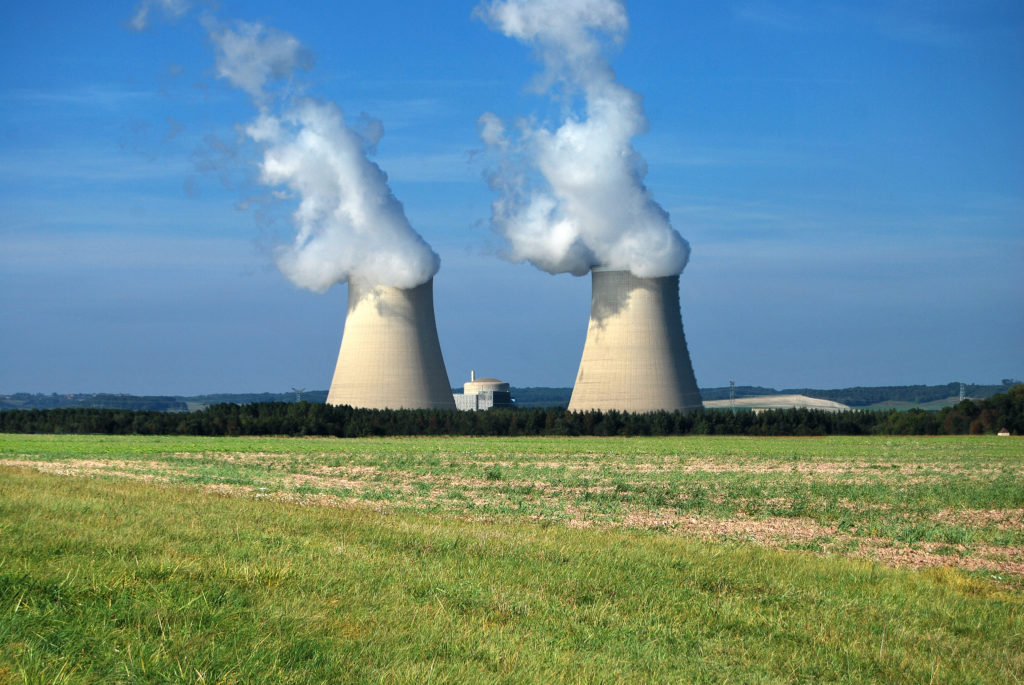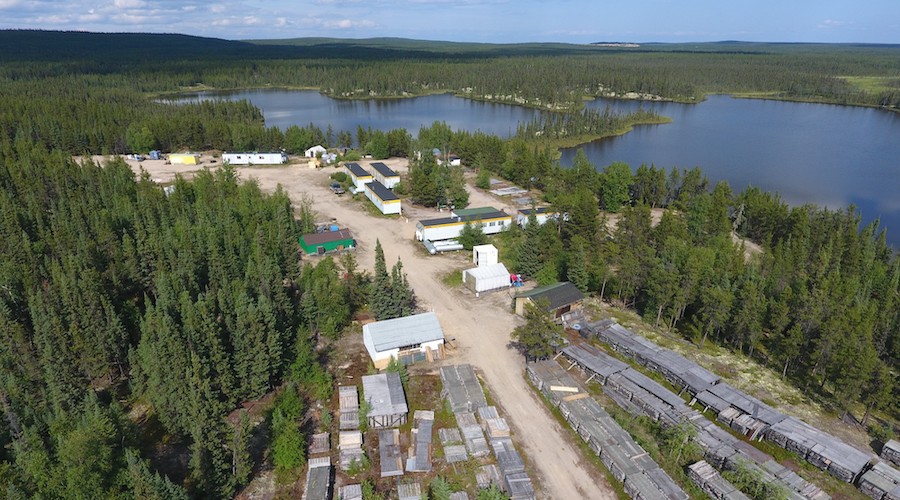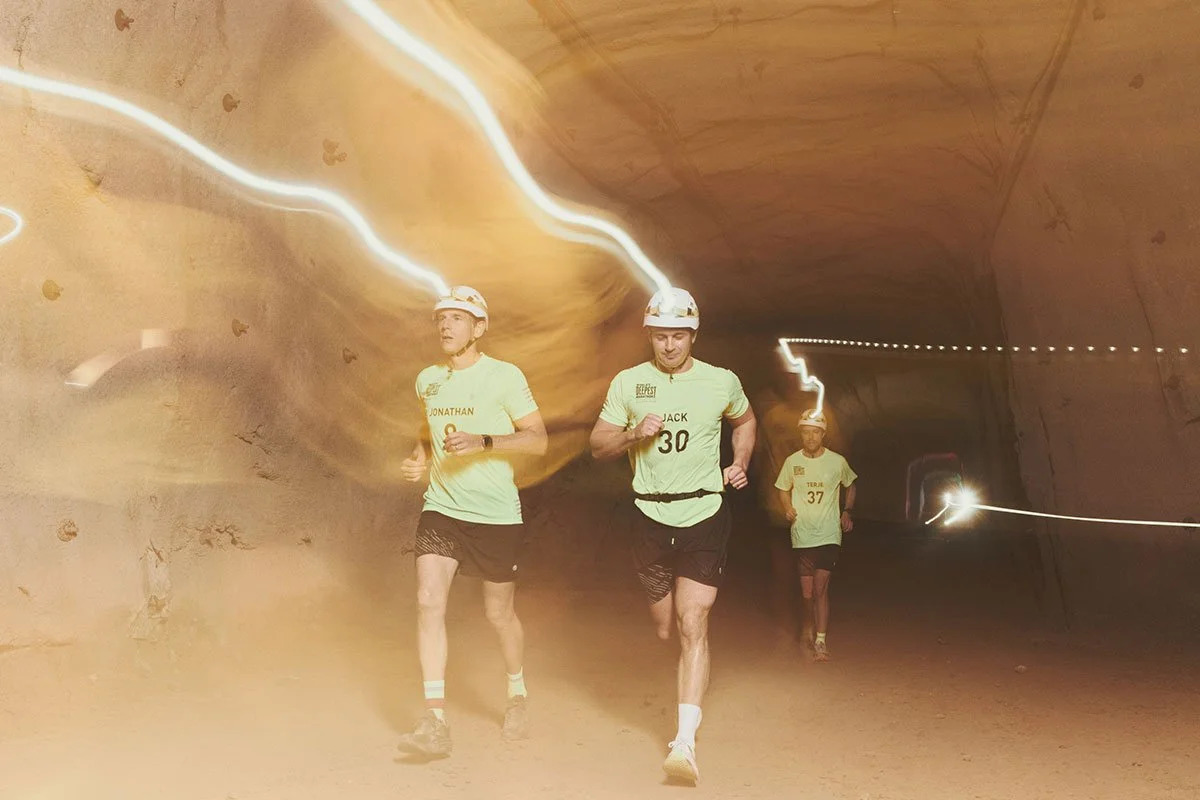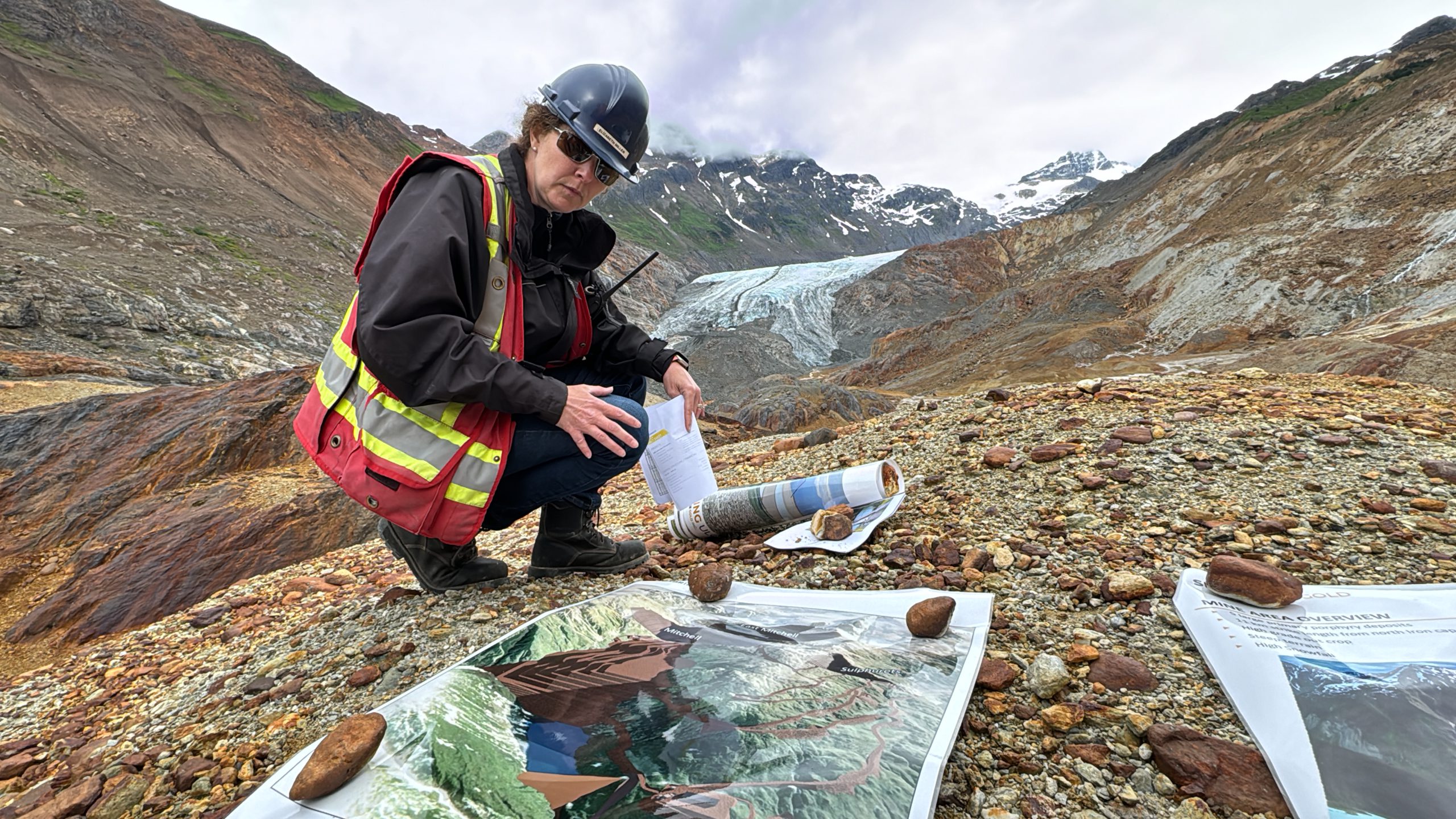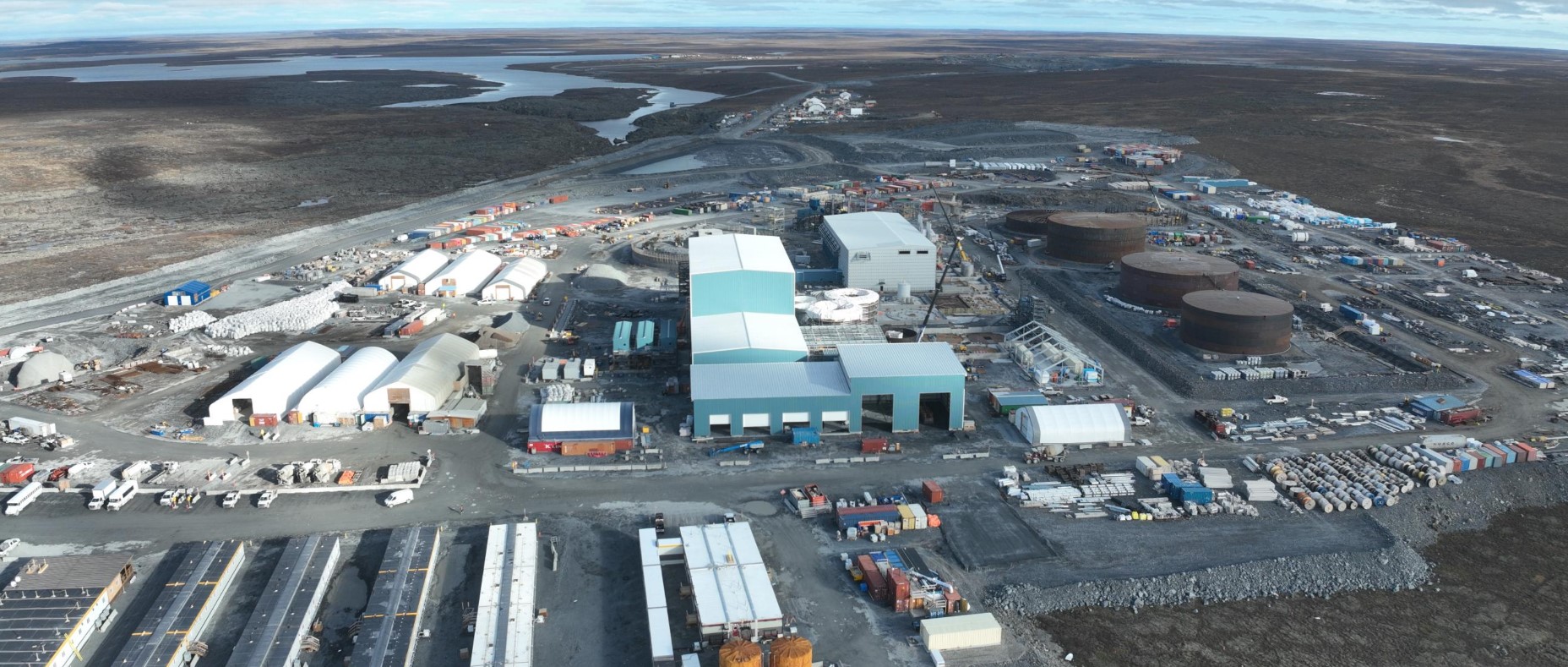But adding to its woes, the region’s most powerful ally– the United States – is preparing to impose further tariffs while perhaps abandoning its commitment to NATO.
Yet, there’s an economic island of sorts within the heart of the European Union. An energy oasis that offers the playbook to prevent Europe’s future economic rot.
This well-known country has spent decades preparing for this occasion by building a self-sufficient energy fortress. Remarkably, very few countries have taken notice or given this country the credit it deserves. So, what’s the country I’m talking about?
‘Vive la France!’
The French have (mostly) sidestepped Europe’s economic pain, largely thanks to this “energy moat.”
In fact, few realize that France is now an energy-independent nation. Unlike most countries in the West, France has placed energy at the heart of its long-term planning.
And with its energy fortress established, France is now an exporter of electricity! Making billions selling excess capacity to its energy-starved neighbours all across Europe.
So, how does one of the world’s largest economies, which has barely any natural resources like oil, coal or gas, generate more electricity than it needs?
The seed was planted long ago by the country’s patriarchal hero, Charles de Gaulle. He laid the groundwork for France’s future energy security. De Gaulle was a statesman who led the Free French forces against Nazi Germany in World War II. He later rewrote the constitution of France and went on to become the country’s president.
De Gaulle was a patriotic Frenchman who lived by the words: ‘Vive la France!’ — long live France.
No doubt, his experiences against Nazi Germany, which rampaged effortlessly through the country’s ill-prepared armed forces, led to that cause, one that would shape France into becoming a self-sufficient energy powerhouse.
How France did it
De Gaulle strongly advocated for nuclear in all of its forms. From the deadly — by developing nuclear weapons to build France’s defences— to the beneficial with nuclear power, which De Gaulle correctly predicted would fuel the country’s economic advantage.
Yet France was different from other ‘nuclear adopters.’ Unlike the U.S., Japan, or Germany, the French held an unwavering commitment to this vital energy source. Since installing its first reactor in 1964, the country hasn’t looked back.
Today, France generates almost 80% of its electrical needs from nuclear power, the highest share of any country in the world. France offers a playbook for the effective deployment of nuclear energy and how it can strengthen resource-poor economies, even in an age of commodity scarcity.
While most nuclear critics draw on examples from Germany, Japan and the U.S., pointing at their abandoned nuclear ambitions, few have recognized the winning formula laid out by the French. So, how is “nuclear France” performing relative to its energy-starved peers?
One metric we can use is foreign direct investment, or FDI, the total investment flowing into a country. In 2024, the UN Trade and Development branch found that FDI fell a staggering 45% across Europe and as much as 60% in energy-hit Germany!
On all accounts, France fared much better in Europe’s economic meltdown, recording a modest FDI lift of 1.9%. According to official records, France also ranks the highest among all European nations in terms of its “investment attractiveness”—a title it has held for five consecutive years.
It’s also the most desirable country for industrial investment in Europe.
But few have linked its relative success to the country’s heavy reliance on nuclear power.
James Cooper is a geologist based in Australia who runs the commodities investment service Diggers and Drillers. You can also follow him on X @JCooperGeo.
